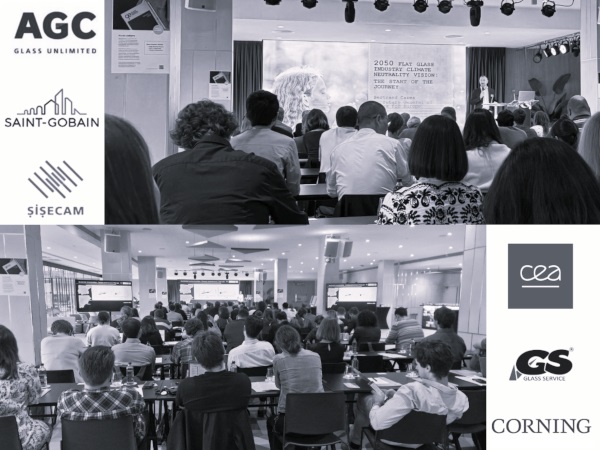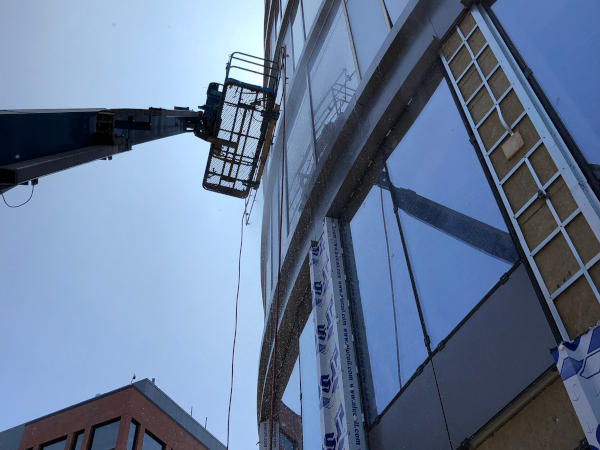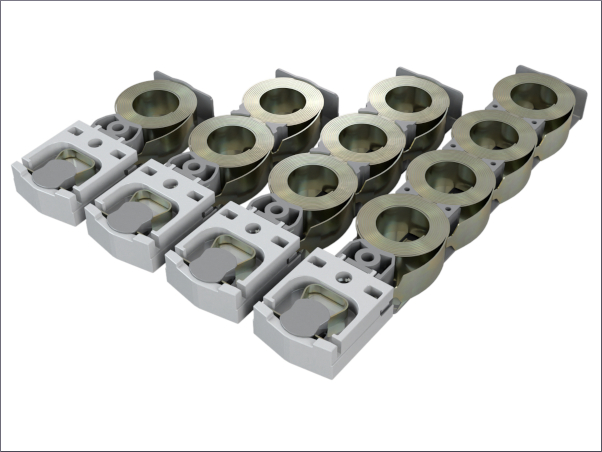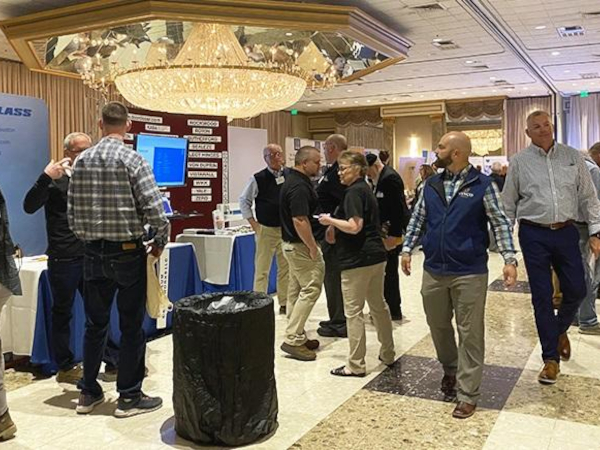
Date: 5 September 2016
It’s part of a €9million European project to create economically viable sources of raw materials from industrial and construction waste.
Although glass can be recycled back to glass infinitely, most refurbishment and demolition waste glass – if it avoids landfill – currently ends up as aggregate in roads.
While this is a form of recycling, far more energy and carbon dioxide emissions would be saved if this glass was used to make new glass products, and demand from glass manufacturers for good quality glass to recycle is high.
From speaking to demolition contractors, we understand that recycling is often not commercially attractive and that it can be difficult to know how to collect and separate materials to meet different reprocessors’ requirements.
But things are changing, and in the past few years more and more projects are successfully recycling glass back to glass, including:
- an internal partition refurbishment in Manchester
- bus shelter refurbishment in Yorkshire
- tower block demolition in Yorkshire
- a glass building refurbishment in London
Valli Murthy from British Glass said:
“We want to learn from more case studies where demolition and refurbishment projects in Europe have successfully recycled glass for re-melt. This will help us understand what is working, and identify what we can do to make it possible for more demolition contractors to recycle more glass.”
This research is part of the €9 million FISSAC project (Fostering industrial symbiosis for a sustainable resource intensive industry across the extended construction value chain), which is working to increase recycling of construction waste by partnering with the manufacturing, demolition and construction sectors to trial the use of secondary raw materials made from glass, ceramic, slags, stone, rubber, plastic and wood wastes.
British Glass and Glass Technology Services Ltd lead the FISSAC project work on glass.
Case studies will be collected through a short interview and (with permission) publicised throughout the project network, including to main contractors, as well as in British Glass’ own publicity. As a thank you there’s even a bottle of whiskey or £20 voucher on offer for the best case study.
If you have a case study to share, any suggestions or if you just want to find out more about this research you can e mail v.murthy@britglass.co.uk. Case study leads should be sent to Valli by Fri 9 Sept.
Notes
Find out more about the project as a whole at www.fissacproject.eu
The FISSAC project has received funding from the European Union’s Horizon 2020 research and innovation program under grant agreement no 642154
 600450
600450







Add new comment